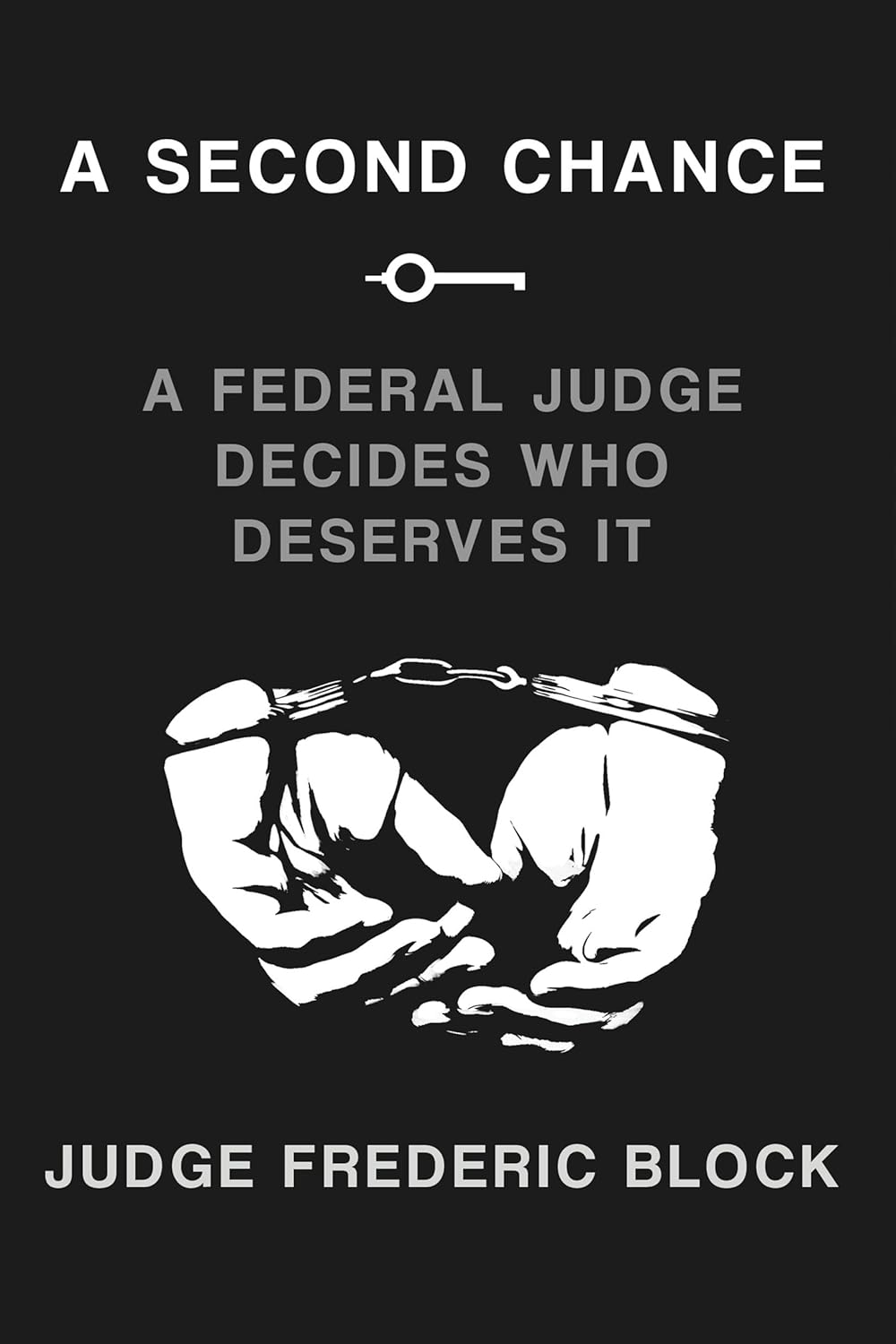
Having read 'A Second Chance' cover to cover, I can confidently say this book changed how I view our justice system. Judge Block's writing makes complex legal concepts feel accessible while maintaining profound depth.
The six case studies hit differently when you realize these are real people's lives. The chapter about Stephen May kept me up at night - the 75-year sentence feels particularly cruel when you learn the full context. Judge Block's visit to Arizona State University to support Stephen shows his genuine commitment beyond just writing about cases.
What surprised me most was learning about the Antiterrorism and Effective Death Penalty Act (AEDPA) barriers. The book explains these legal complexities in a way that finally made sense to me as a non-lawyer, while making my blood boil at the systemic injustices.
The 'Collateral Consequences' chapter was an eye-opener. Judge Block details how former inmates face hundreds of legal restrictions - from voting rights to employment barriers - that essentially punish people long after they've served their time. This section alone makes the book worth reading.
While celebrating the federal First Step Act, the book doesn't shy away from criticizing how state systems lag behind. As someone who believed 'tough on crime' policies were straightforward, this book challenged my assumptions with nuanced arguments and heartbreaking real-world examples.
Judge Block's balanced approach - respecting the law while advocating for compassion - makes his arguments impossible to dismiss. You can feel his decades of experience in every page, yet he writes with surprising warmth about defendants most would write off entirely.
If you're looking for dry legal analysis, this isn't it. The book reads more like a series of gripping human stories with profound implications for how we think about justice, redemption, and second chances in America.

